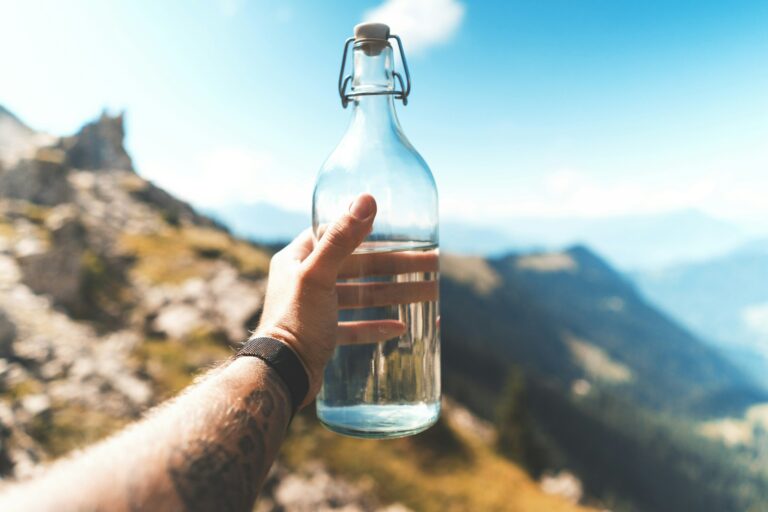
Staying hydrated is essential for our overall health and well-being. We often hear about the importance of drinking enough water to prevent dehydration, regulate body temperature, and support bodily functions. But is it possible to have too much of a good thing when it comes to water consumption?
While drinking water is generally beneficial, there is such a thing as drinking too much, leading to a condition known as water toxicity or water intoxication. Although rare, water toxicity can have serious consequences, particularly when large quantities of water are consumed rapidly.
Water toxicity may occur due to various factors, including psychiatric or neurodevelopmental disorders, certain medical conditions, the use of drugs like MDMA, or specific circumstances like water-drinking competitions. Additionally, excessive sweating during intense exercise followed by consuming plain water without replenishing electrolytes can lead to a dangerous condition called hyponatremia, where sodium levels in the blood become dangerously low.
Symptoms of water intoxication can range from mild, such as increased urination and confusion, to severe, including seizures, coma, and even death. Therefore, it’s crucial to be mindful of our water intake and understand the signs of overhydration.
Experts recommend listening to your body’s thirst signals and avoiding excessive water consumption, especially in a short period. Monitoring the color of your urine can also provide valuable insights into your hydration status. Pale yellow urine indicates proper hydration, while colorless urine may suggest overhydration.
While there’s no one-size-fits-all answer to how much water we should drink daily, it’s generally recommended that adults consume around 9 to 13 cups of water per day, depending on factors like age, sex, activity level, and environmental conditions. Additionally, individuals engaging in strenuous activities or experiencing conditions like fever or diarrhea may need to adjust their water intake accordingly.
In conclusion, while staying hydrated is essential for our health, it’s crucial to strike a balance and avoid overhydration. By being mindful of our water intake and understanding the signs of water toxicity, we can maintain optimal hydration and support our overall well-being.